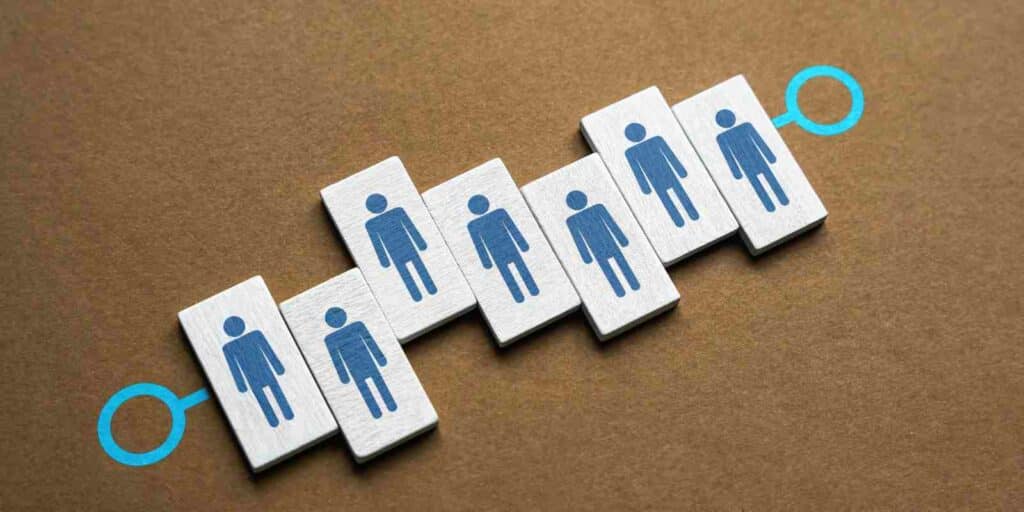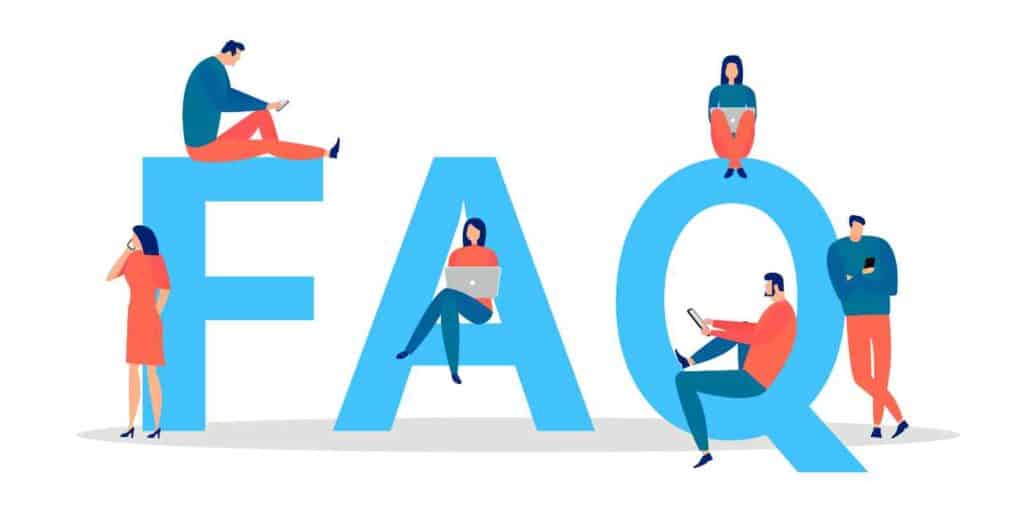Advantages of CRM for Aligning Resources and Business Priorities

Customer Relationship Management (CRM) is a powerful tool that enables businesses to effectively manage their interactions with customers and prospects. It provides a centralized platform for storing and analyzing customer data, allowing businesses to align their resources and prioritize their activities based on customer needs and preferences. In this article, we will explore the advantages of CRM for aligning resources and business priorities, and how it can help businesses achieve their goals.
1. Improved Customer Understanding
One of the key advantages of CRM is that it allows businesses to gain a deeper understanding of their customers. By collecting and analyzing customer data, businesses can identify patterns and trends in customer behavior, preferences, and needs. This information can then be used to align resources and prioritize activities that are most likely to meet customer expectations.
For example, a CRM system can track customer interactions across various touchpoints, such as website visits, email opens, and social media engagements. By analyzing this data, businesses can identify which channels and messages resonate most with their customers, and allocate resources accordingly. This ensures that businesses are focusing their efforts on activities that are most likely to drive customer satisfaction and loyalty.
2. Enhanced Sales and Marketing Alignment
CRM can also help align sales and marketing efforts, ensuring that both teams are working towards the same goals. By providing a centralized platform for storing customer data, CRM enables sales and marketing teams to share information and collaborate more effectively.
For example, marketing teams can use CRM data to identify high-value leads and pass them on to the sales team for follow-up. The sales team, in turn, can provide feedback on the quality of leads generated by marketing, allowing marketing teams to refine their strategies and focus on activities that are most likely to generate qualified leads.
Furthermore, CRM can help track the effectiveness of marketing campaigns by providing insights into customer responses and conversions. This allows businesses to allocate resources to the most successful campaigns and optimize their marketing efforts accordingly.
3. Streamlined Customer Service
CRM can greatly improve customer service by providing a comprehensive view of each customer’s interactions and preferences. By having access to this information, customer service teams can provide personalized and efficient support, leading to higher customer satisfaction.
For example, when a customer contacts a business for support, CRM can provide customer service representatives with a complete history of the customer’s interactions, including previous purchases, inquiries, and complaints. This allows representatives to address the customer’s needs more effectively and provide a personalized experience.
CRM can also automate certain customer service processes, such as ticket management and follow-up. This ensures that customer inquiries are handled promptly and consistently, improving overall customer satisfaction.
4. Efficient Resource Allocation
CRM enables businesses to allocate their resources more efficiently by providing insights into customer preferences and behaviors. By understanding which products or services are most popular among customers, businesses can allocate resources to meet the demand.
For example, a CRM system can track customer purchase history and identify which products or services are frequently purchased together. This information can help businesses optimize their inventory management and ensure that popular products are always in stock.
CRM can also help businesses identify cross-selling and upselling opportunities. By analyzing customer data, businesses can identify customers who are likely to be interested in additional products or services and allocate resources to target these customers effectively.
5. Data-Driven Decision Making
CRM provides businesses with valuable insights that can inform data-driven decision making. By analyzing customer data, businesses can identify trends, patterns, and opportunities that can guide strategic decision making.
For example, CRM data can help businesses identify customer segments with the highest lifetime value, allowing them to allocate resources to target these segments more effectively. CRM can also provide insights into customer churn rates, allowing businesses to identify areas for improvement and implement strategies to reduce churn.
Furthermore, CRM can help businesses track the effectiveness of different marketing campaigns and channels, allowing them to allocate resources to the most successful strategies. This data-driven approach ensures that businesses are making informed decisions and optimizing their resource allocation.
CRM offers numerous advantages for aligning resources and business priorities. By providing a centralized platform for storing and analyzing customer data, CRM enables businesses to gain a deeper understanding of their customers and align their resources accordingly. It enhances sales and marketing alignment, streamlines customer service, enables efficient resource allocation, and facilitates data-driven decision making.
With the help of CRM, businesses can prioritize activities that are most likely to meet customer expectations, improve customer satisfaction, and drive business growth. To leverage the benefits of CRM, businesses can consider using an all-in-one sales and marketing platform like SaasExpert.ca. This platform provides small businesses, agency owners, and marketers with the tools they need to effectively manage customer relationships and align resources with business priorities.
Learn more about “Realigning Resources for Business Enablement Through CRM” right here.
Frequently asked questions about Advantages of CRM for Aligning Resources and Business Priorities.

FAQ 1: How does CRM help in aligning resources with business priorities? 🎯
CRM, or Customer Relationship Management, is like the ultimate maestro of your business orchestra. It ensures that all your resources – think time, budget, and manpower – are in perfect harmony with your business’s top priorities. 🎼 By providing a 360-degree view of customer interactions, CRM systems allow you to prioritize tasks that directly impact customer satisfaction and revenue growth. It’s like having a GPS for your business; it guides your resources to the most profitable routes while avoiding traffic jams caused by less impactful activities. 🛣️ Plus, with real-time data and analytics, you can make informed decisions on where to allocate your resources for the highest return on investment.
FAQ 2: Can CRM software improve team productivity and collaboration? 🤝
Absolutely! Think of CRM as the ultimate collaboration tool for your team. It breaks down silos and brings everyone onto the same page – literally. With a shared platform, your sales, marketing, and customer service teams can easily access and update customer information. 🔄 This means less time spent on searching for data and more time on taking action. Automated workflows and notifications keep everyone in the loop, so tasks are completed faster and handoffs are smoother. It’s like having a digital assistant that keeps the whole team in sync and marching to the beat of efficiency. 🥁
FAQ 3: How does a CRM system support data-driven decision-making? 📊
A CRM system is like a gold mine of data that helps you make decisions that are as solid as diamonds. 💎 It collects every little nugget of customer interaction, purchase history, and feedback, then turns that data into actionable insights. With customizable reports and dashboards, you can monitor key performance indicators (KPIs) that align with your business goals. This means you’re not just guessing where to invest your efforts – you’re making strategic decisions based on what the numbers are telling you. It’s like having a crystal ball that actually works, giving you the foresight to make moves that lead to success. 🔮
FAQ 4: In what ways does CRM contribute to customer satisfaction and retention? 😊
CRM is the secret ingredient to that special sauce called customer satisfaction. It helps you deliver personalized experiences by remembering customer preferences, past interactions, and even birthdays! 🎂 By having all this information at your fingertips, you can tailor your communication and services to make each customer feel like a VIP. Plus, with timely follow-ups and proactive service, you’re not just meeting expectations; you’re exceeding them. This leads to happy customers who stick around much longer, turning into loyal fans who sing your praises. 🎤
FAQ 5: Can CRM systems help in identifying new business opportunities? 🔍
Yes, indeed! CRM systems are like having a business detective on your team. They help you uncover clues and patterns in your customer data that point to new opportunities. 🕵️♂️ By analyzing purchase histories and customer interactions, you can identify trends and gaps in the market that your business can fill. It also allows you to spot potential for up-selling and cross-selling to your existing customer base. With CRM, you’re not just waiting for opportunities to knock; you’re actively searching for them, giving you a competitive edge in the marketplace. 🚀
- Advantages of CRM for Aligning Resources and Business Priorities
- crm
- customer relationship management
- What is CRM Software?






